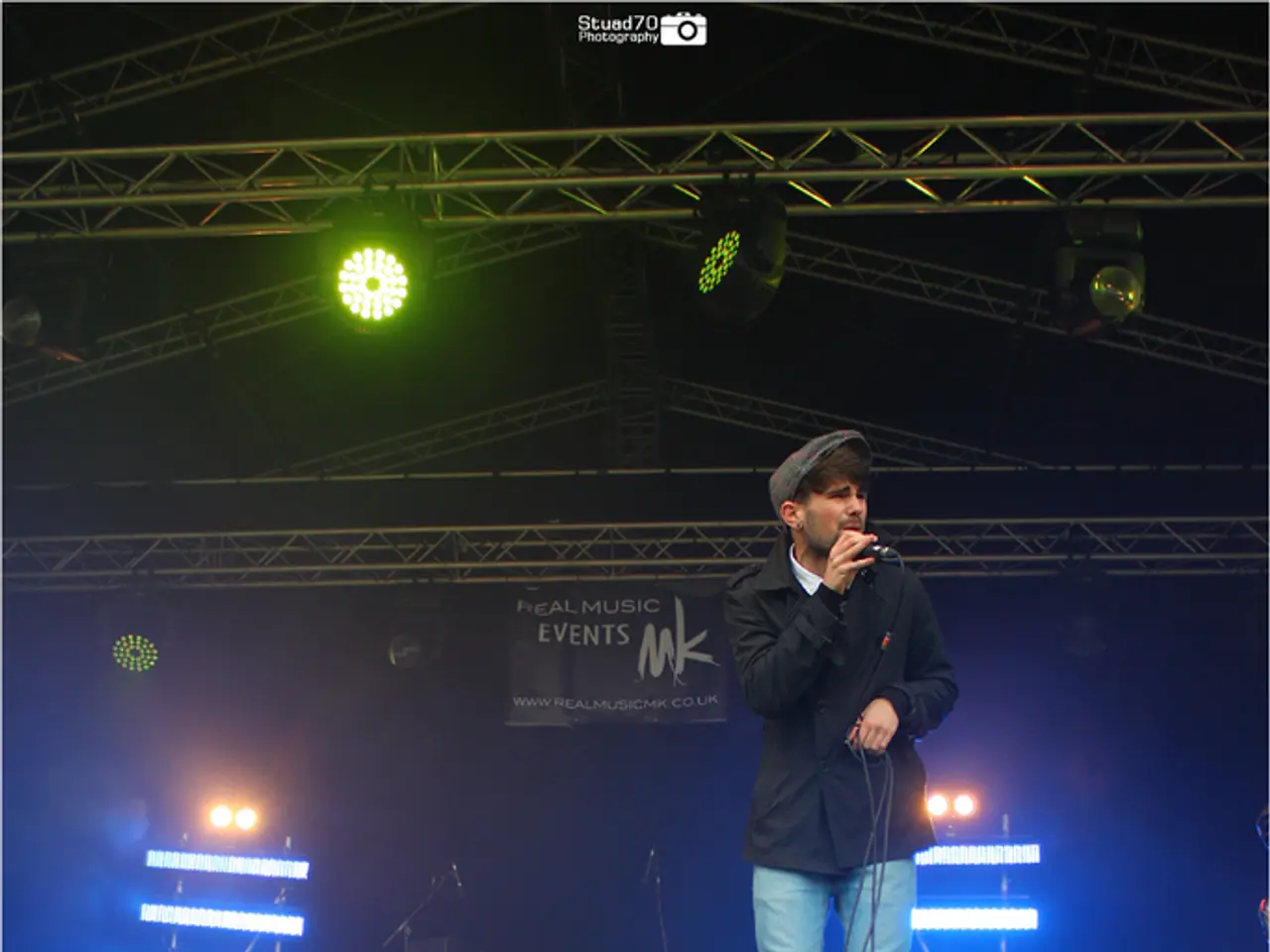Inequality Persists in Modern Britain, Leaving Starmer Labeled as Two-Tier Keir; Here's How He Might Shake Off the Moniker
In recent times, the issue of a perceived "two-tier" justice system in Great Britain has become a subject of intense public and political debate. This concern stems from the apparent disparity in legal outcomes for similar offenses, often based on political affiliation or social background.
The case of Labour councillor Ricky Jones, who was acquitted despite a viral video in which he called for far-Right protesters’ throats to be cut, has sparked significant controversy. Critics, including Conservative politicians like Nigel Farage and Chris Philp (shadow home secretary), have pointed to this acquittal as evidence of a two-tier justice system. Philp contrasted Jones’s acquittal with the prison sentence given to Lucy Connolly, a childminder and spouse of a Tory councillor, who pleaded guilty to inciting racial hatred via a social media post.
The public discourse, amplified by media outlets like The Telegraph and GB News, portrays this as a growing crisis of justice, accusing the current government of tolerating or enabling inequality in legal consequences. The term “two-tier justice” has entered mainstream discussion as a critique of perceived political bias and inconsistency in prosecutorial decisions and sentencing.
Experts and commentators trace the issue to deeper systemic and cultural factors within the British legal and policing institutions. Rupert Matthews, a Police and Crime Commissioner, argues that the criminal justice system is dominated by well-educated, middle-class individuals with moderate or left-leaning views who may be unconsciously or institutionally biased against those holding “unfashionable” opinions. This demographic homogeneity, he suggests, could contribute to disparities in how justice is administered, fostering a system that appears partial and reinforces social divisions.
The impact on the political landscape has been significant. The two-tier justice narrative is being employed by opposition parties and commentators to criticize the ruling Labour government led by Sir Keir Starmer, accusing it of allowing or endorsing a justice system that punishes differently based on political allegiance. This rhetoric contributes to political polarization, undermines public trust in legal institutions, and intensifies debates about fairness, free speech, and law enforcement practices in Britain.
Keir Starmer, in response, has pledged to focus on the language of "fairness" to show he understands the public's concerns. He has also promised new legislation to stop lawyers from weaponizing European human-rights laws. Starmer has stated he will do what it takes to uphold the law and ensure fairness for the British people.
However, the public's concerns extend beyond the justice system. Voters see two-tierism in various aspects of public life, including housing, leisure activities, welfare, public services, transportation, and political decisions. For instance, law-abiding citizens pay full price for council services and leisure activities, while small-boat migrants receive discounts. Ordinary British families struggle to pay rent while undocumented illegal migrants receive free accommodation in hotels.
As the debate continues, the public's calls for reform to ensure equality before the law grow louder. Taxpayers are questioning where the improvement in public services is for the money they pay, and voters want the basics done right so they can get on with their lives. The issue of two-tier justice in Great Britain remains a focal point of political contention, challenging the legitimacy of the justice system and stirring demands for change.
[1] The Telegraph: "Two-tier justice: the case that has fuelled public anger over the British legal system" [2] The Guardian: "Two-tier justice: the case that has fuelled public anger over the British legal system" [3] GB News: "Two-tier justice: the case that has fuelled public anger over the British legal system" [4] The Independent: "Two-tier justice: the case that has fuelled public anger over the British legal system" [5] Sky News: "Two-tier justice: the case that has fuelled public anger over the British legal system"
- The ongoing debate about two-tier justice in Great Britain has increased the focus on policy-and-legislation pertaining to the criminal justice system and law enforcement practices, with several media outlets covering the issue extensively.
- The controversy surrounding the perceived unequal application of justice has spilled over into other areas of public life, leading to discussions about politics, general-news, and crime-and-justice in various policymaking circles.







